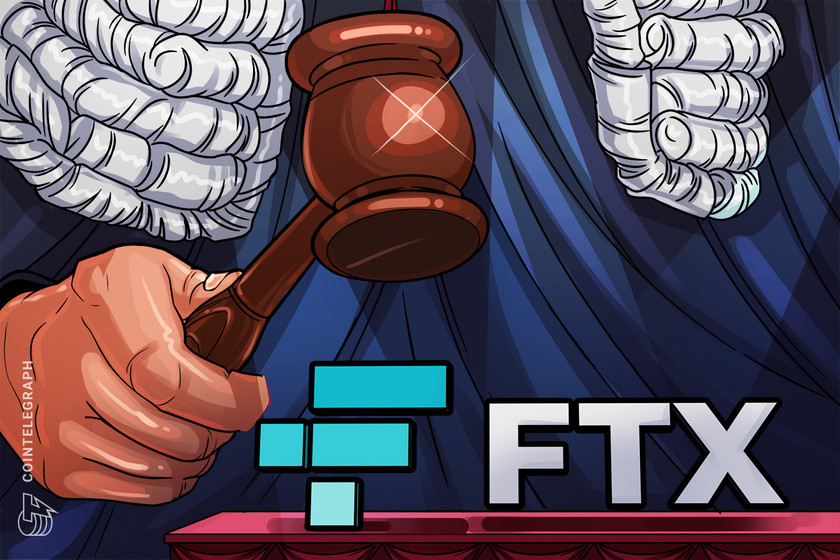Google’s Gemini demo is now getting accused of being ‘fake’



Onlookers praised the Gemini tech demo from Google upon its release last week but the tech firm admits some of it was jazzed up for “brevity.”
A “hands-on” tech demo of Google’s new artificial intelligence model Gemini has gone from being the talk of the town to being accused by critics of being “basically entirely fake.”
The six-minute video, which garnered 2.1 million views on YouTube since its release on Dec. 7, shows it seamlessly interacting with a human operator in seemingly real-time, including analyzing a duck drawing, hand gestures, and inventing a game called “Guess the Country” with just an image prompt of the world map.
However, Oriol Vinyals, a Google Deepmind executive has since clarified that while the user prompts and outputs in the video are real, it has been “shortened for brevity.” In reality, Gemini’s interactions were text-based, not voiced, and took much longer than how it was represented in the video.





















